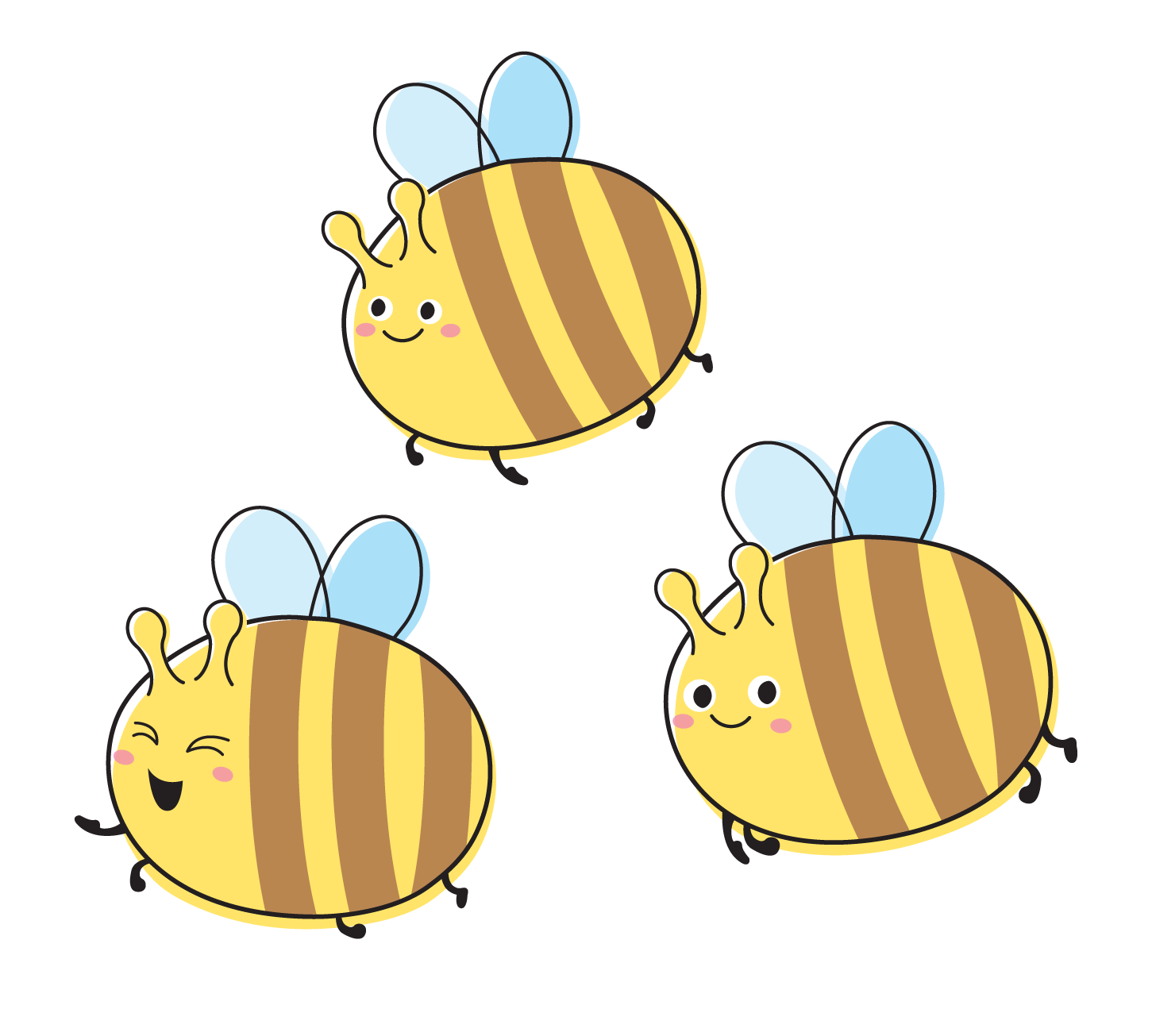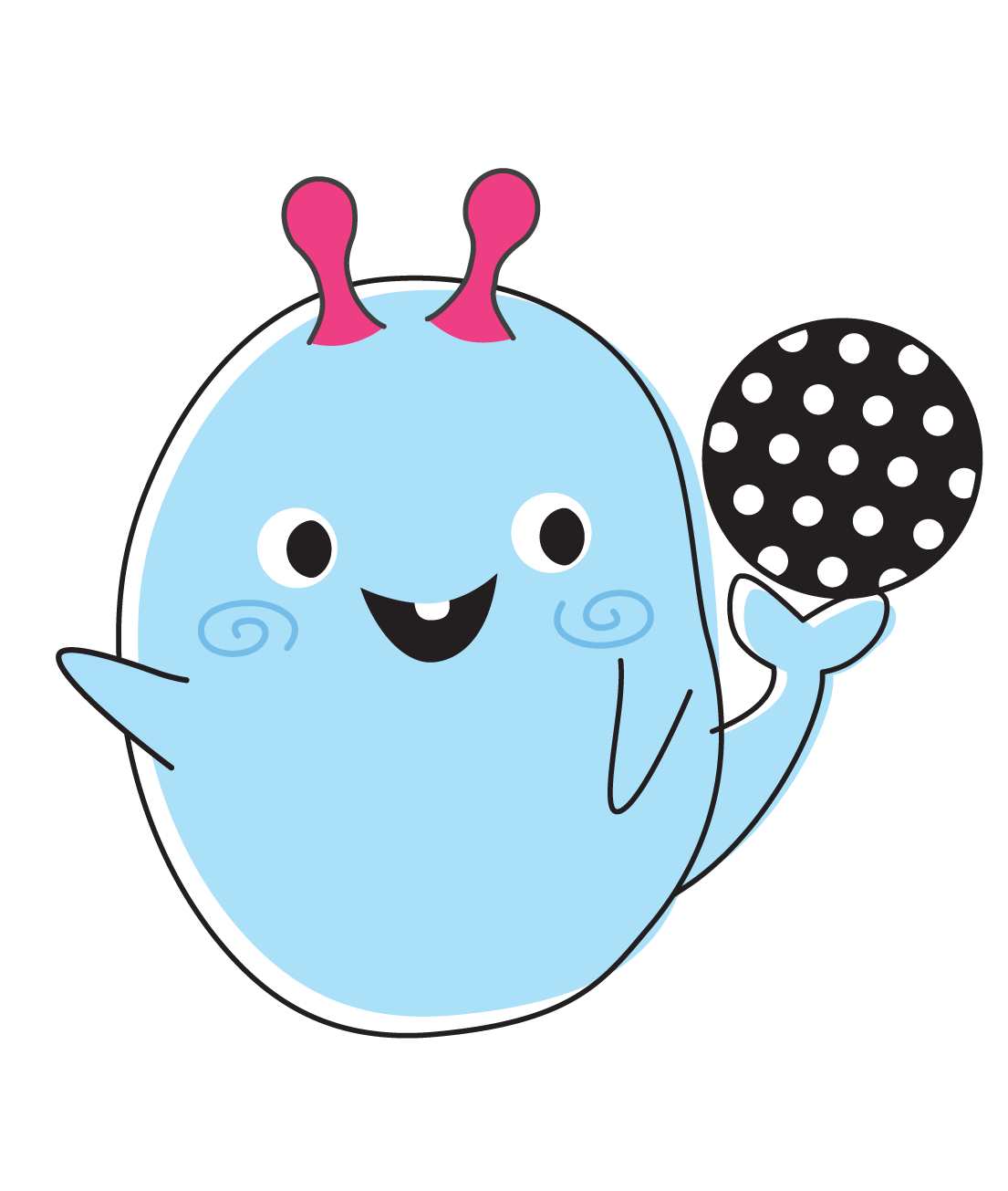A Hands-On Approach to Developing Fine Motor Skills
A: There really is no need initially as your baby’s hands are her first playthings. Your fingers will also be instinctively grasped if you place them in her hand.
A: No, in fact one can use mindfully selected/safe household items strung on elastic or string or simply held within baby’s reach; your baby should however always be supervised.
A: Typically, the modern child will be exposed to electronic devices and as a parent you will need to be discerning and make judgement calls – especially when games tend to place little or no demand on whole body movements and coordination, leaning more towards mental puzzles/skills rather than the use of an array of large and small muscles.
A: Extensive research has proven that stimulation is beneficial for babies’ development, but yes, like everything in life, trust your instincts and find a balance.
A: Always be guided by your baby or toddler and never force a scheduled daily playtime if she is reluctant on a particular day. Choose a time when you are not rushing and when you are both relaxed and refreshed.
A: Always take concerns to your wellness clinic, family doctor or pediatrician if baby’s development seems to be slow.
A: A lot of children struggle with pencil grasp/grip well into kindergarten and beyond. There is divided opinion about this matter, but the rule of thumb is functionality, not necessarily what merely “looks wrong”. Consult an occupational therapist if hand fatigue, pain and/or poor control are factors.
A: There is no need to exhaust yourself or your baby by constantly trying to stimulate him. Do not leave baby anywhere unattended and never leave baby for long stretches with no form of stimulation or company.



